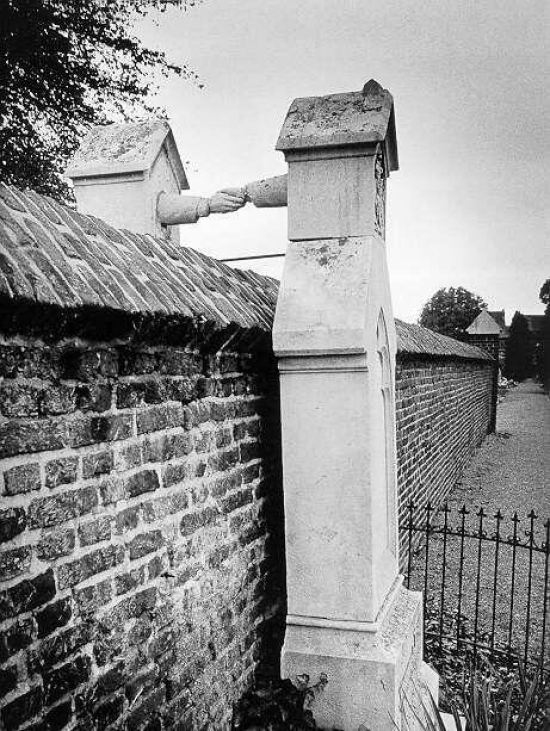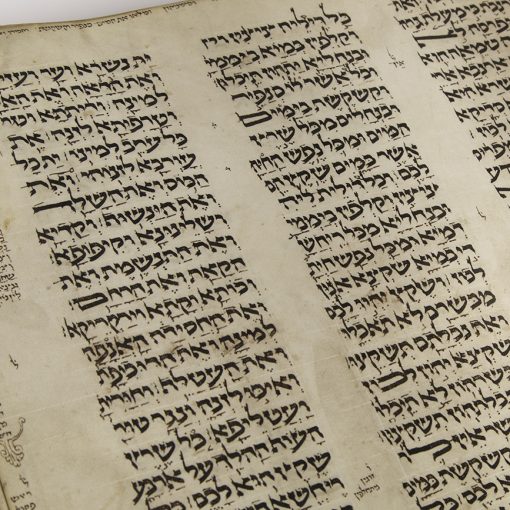Yesterday I was reading the morning office and Ps. 118:22, one of the most familiar passages in the psalms to Christians, struck me differently.
17I shall not die, but live, *
and declare the works of the LORD.18The LORD has punished me sorely, *
but he did not hand me over to death.19Open for me the gates of righteousness; *
I will enter them;
I will offer thanks to the LORD.20“This is the gate of the LORD; *
he who is righteous may enter.”21I will give thanks to you, for you answered me *
and have become my salvation.22The same stone which the builders rejected *
has become the chief cornerstone.23This is the LORD’S doing, *
and it is marvelous in our eyes.24On this day the LORD has acted; *
we will rejoice and be glad in it.
Psalm 118 is a Thanksgiving hymn, opening “1 Give thanks to the LORD, for he is good; his mercy endures for ever. 2 Let Israel now proclaim, ‘His mercy endures for ever.'” It goes on to recount the psalmist’s (or community’s) crying to God in their time of distress (“10 All the ungodly encompass me; in the Name of the LORD I will repel them”) and God heard and delivered the faithful. It may well have been sung as a processional hymn as the community made their way to the Temple (“Open for me the gates of righteousness; I will enter them; I will offer thanks to the LORD”), but at its core is that declaration of God having delivered the faithful from their distress.
21I will give thanks to you, for you answered me *
and have become my salvation.22The same stone which the builders rejected *
has become the chief cornerstone.
Reading it in this fuller context (and the fuller context of a life lived for nearly five full decades), I see the stone that the builders rejected not as the Messiah, but as the experience that the psalmist has come through. Of course, the NT does indeed understand the rejected stone as Jesus, reading this passage and Isa. Isa. 28:16 in that way (see Mt 21:42; Acts 4:11; Rom 9:33; 1 Pt 2:7). Yet if we consider Psalm 118 on its own merits for a moment, when we look at these verses, what precedes and follows them, I think a different and very encouraging perspective on our suffering emerges.
This is a psalm of Thanksgiving, a psalm of Ascent to be song as they go up the Hill of the Lord to the Temple, yet they sing and go to worship God because of what they have come through. “13 I was pressed so hard that I almost fell, but the LORD came to my help.” The thanksgiving and gratitude comes from the deliverance, the presence of God in the midst of their suffering, hardship, and persecution.
In other words, the “same stone which the builders rejected” is the experience that they have just endured, both the suffering and the grace. The foundation upon which all else shall be built is the lived knowledge that in the midst of struggle, God will provide comfort, God will come to help.
This is an important realization, at least for me, because rather than my hardships being difficult times that I would rather forget or something to endure and pray never comes again it is now “the chief cornerstone” of my life upon which a more sure structure is built. It is a touchstone, if I may mix my lithic metaphors, that I can return to and recall his saving grace, present in my time of struggle:
23This is the LORD’S doing, *
and it is marvelous in our eyes.24On this day the LORD has acted; *
we will rejoice and be glad in it.




